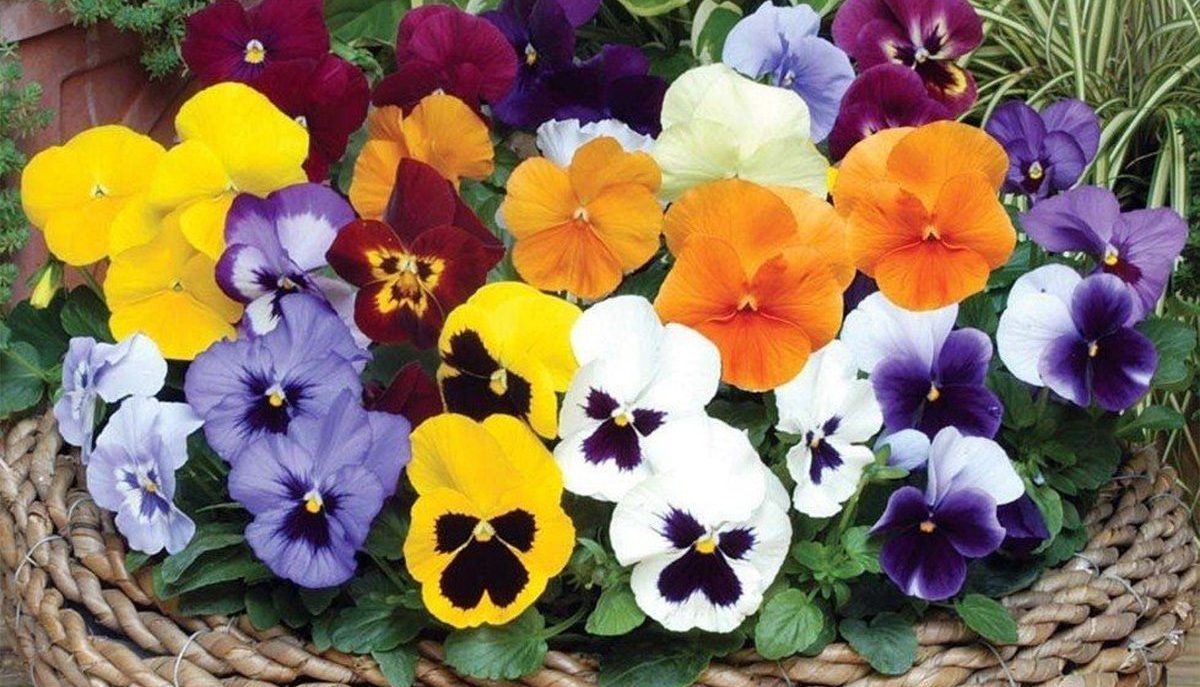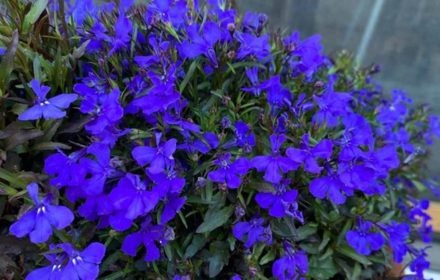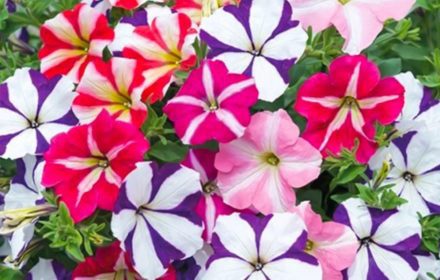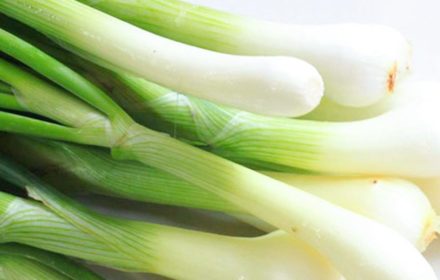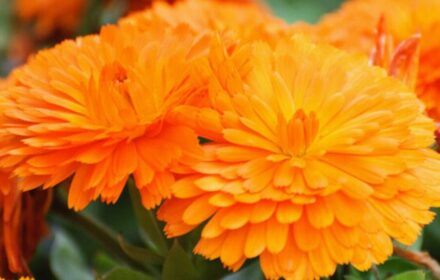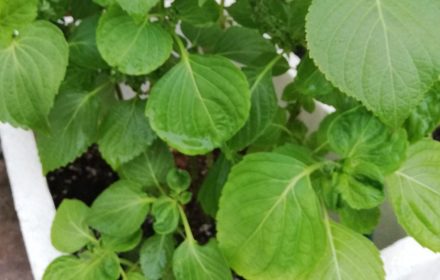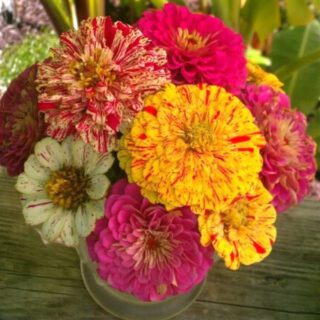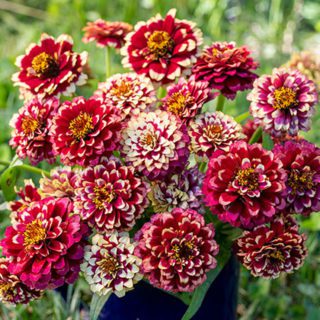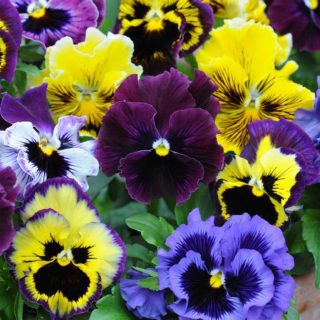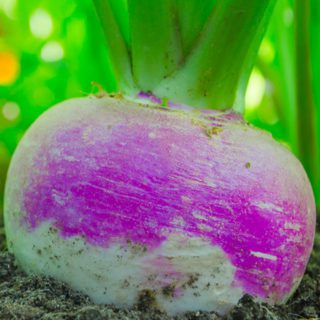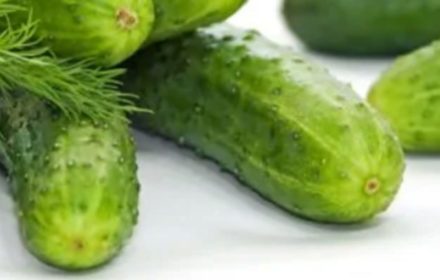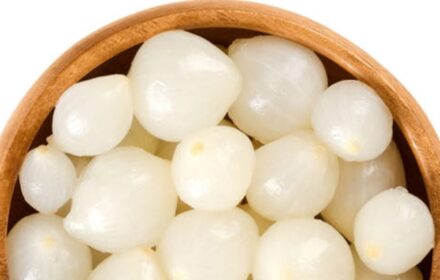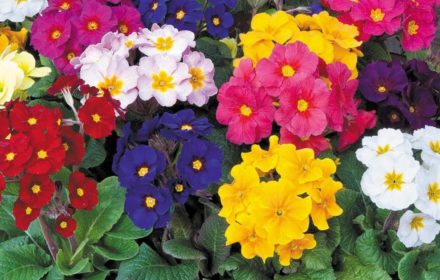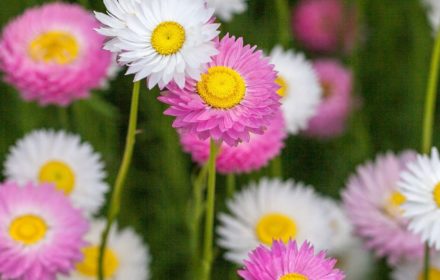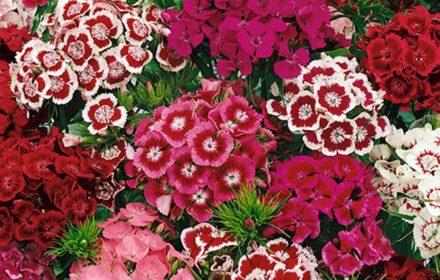How to Sow Pastel Giant Mixed Pansy Seeds in the UK
Pastel Giant Mixed Pansies are fully edible, hardy annuals, perfect for gardens, containers, hanging baskets, and borders. With vibrant blooms in yellow, orange, red, white, and blue, these cheerful flowers bring a pop of colour to any space. The flowers, leaves, and stems are all edible, making them a versatile choice for cooking, garnishes, and even drinks. Growing to a height of 15-25 cm (6-10 inches), these compact plants produce large 7 cm (3-inch) flowers, featuring both solid and bi-coloured varieties.
When and Where to Sow Pastel Giant Mixed Pansy Seeds
- Indoor Sowing: Start seeds indoors from February to April for blooms the same year. Place seed trays or pots in a dark, warm location to aid germination.
- Outdoor Sowing: Direct sow seeds outdoors from May to August, once the risk of frost has passed. Select a sunny or partially shaded spot with well-drained soil.
Ideal Growing Conditions for Pastel Giant Mixed Pansies
- Soil Requirements: Prefers light, well-drained, fertile soil enriched with compost. Avoid waterlogged areas, as pansies do not tolerate excessive moisture.
- Sunlight: Thrives in full sun to partial shade. Requires at least 4-6 hours of sunlight per day for optimal blooming.
- Temperature: Ideal germination temperature: 15-20°C (59-68°F). Mature plants tolerate cooler UK conditions and light frosts.
How to Sow Pastel Giant Mixed Pansy Seeds Indoors
- Prepare Containers: Fill seed trays or pots with fine-grade, well-draining compost.
- Sowing Depth: Sow seeds 3 mm (⅛ inch) deep, covering fully with compost. Pansy seeds require complete darkness to germinate.
- Moisture and Covering: Water lightly to keep compost moist but not waterlogged. Cover containers with polythene wrap or a propagator lid to retain humidity.
- Germination Conditions: Place trays in a warm, dark location (15-20°C). Germination occurs within 10-20 days.
- Thinning and Transplanting: Once seedlings develop true leaves, move them to a bright location. Harden off seedlings over 7-10 days before transplanting outdoors. Space plants 15-20 cm (6-8 inches) apart in borders, containers, or baskets.
How to Sow Pastel Giant Mixed Pansy Seeds Outdoors
- Soil Preparation: Loosen soil using a fork or rake and remove weeds. Improve fertility by adding compost or well-rotted manure.
- Sowing Depth: Sow seeds 3 mm (⅛ inch) deep directly into prepared soil. Cover seeds lightly with a fine layer of compost.
- Watering: Water gently to keep the soil moist during germination.
- Thinning Seedlings: Once seedlings emerge, thin them to 15-20 cm (6-8 inches) apart to allow for full growth and airflow.
Caring for Pastel Giant Mixed Pansies
- Watering: Water regularly to keep soil consistently moist, especially during dry spells. Avoid overwatering, as pansies dislike waterlogged conditions.
- Feeding: Apply a balanced liquid fertiliser every 3-4 weeks during the growing season.
- Deadheading: Remove faded flowers regularly to promote continuous blooming.
- Frost Protection: While hardy, protect plants from harsh frosts using fleece or cloches.
Harvesting Pastel Giant Mixed Pansies
- For Cooking & Garnishing: Harvest fully opened flowers for use in salads, baking, and drinks. Use freshly picked flowers for the best flavour and appearance.
- Leaves & Stems: Harvest leaves and stems as needed, ensuring enough foliage remains for continuous blooming.
Common Questions About Growing Pastel Giant Mixed Pansies in the UK
- Do pansies need darkness to germinate? Yes, pansy seeds require complete darkness for germination. Covering the seeds with fine soil or compost ensures successful sprouting.
- How tall do pastel giant mixed pansies grow? These pansies reach 15-25 cm (6-10 inches) in height, making them ideal for containers, hanging baskets, and borders.
- Can I grow pansies year-round? Pansies bloom year-round in mild UK climates. Indoor sowing in cooler months ensures continuous flowering.
- Are pastel pansy flowers edible? Yes, flowers, leaves, and stems are fully edible and can be used in cooking, garnishes, and drinks.
By following these steps, you can successfully grow Pastel Giant Mixed Pansies in your UK garden. Their colourful blooms, edible properties, and long-lasting flowers make them a fantastic choice for gardeners looking to add beauty and functionality to their outdoor space.

